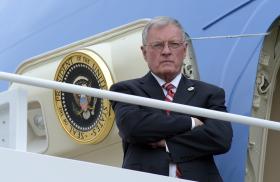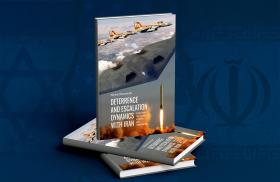- Policy Analysis
- Articles & Op-Eds
The Risk and Reward of Preventive Strikes Against Iran
Also published in Survival
Understanding the background of the twelve-day war and the considerations that shaped Iran’s past nuclear calculus can help illuminate the factors most likely to influence its future proliferation choices.
The Israeli and U.S. strikes on Iran’s nuclear program were a major gamble, but they upended a dangerous status quo in which Tehran was accumulating highly enriched uranium, resuming nuclear-weapons-related research, and working to vastly expand its missile force. While it is unclear how much damage was done, some worry that the strikes could strengthen the hand of nuclear-weapons advocates in Iran. Yet Iranian proponents of continued nuclear hedging—creating a nuclear-weapons option but not building a bomb—can also make a more compelling case as long as the program remains penetrated by Israeli intelligence and vulnerable to sabotage on the ground and bombing from the air. Much will depend on whether Israel and the United States can translate recent military gains into sustainable political achievements by negotiating a broader and better nuclear deal with Iran, or by dissuading, and if need be preventing, it from rebuilding its nuclear program through diplomatic, economic, covert-intelligence, and military means...



